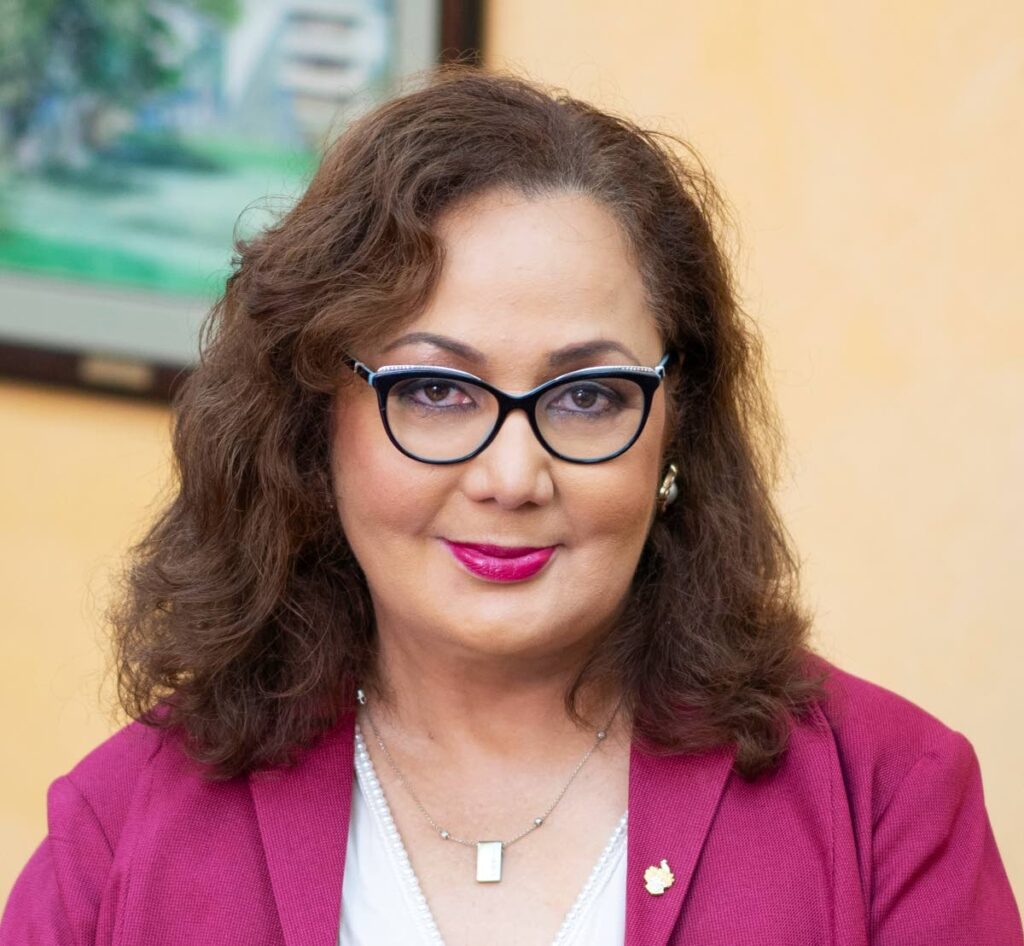Rethinking access to university education

Prof ROSE-MARIE BELLE ANTOINE
IF WE are serious about growing and stabilising our society, I reiterate that we must consider expanded access to university education. If we do not, we give up on the thousands of people, especially young men and those from rural and disenfranchised communities, with so much untapped potential, simply drifting.
The naysayers seem bent on maintaining the status quo, or perhaps do not understand what expanded access means, so let us debunk the myths.
First, it is illogical to suggest that increased access will “undermine competence in the sciences and even medical practice” and that no one wants “a B student cutting into them on an operation table.” Increasing and equalising access addresses only entrance requirements and does nothing to change the performance requirements, or degree results. Whether a student comes with a CAPE scholarship or from the street with the basic educational requirements, they are both subjected to the same rigorous programmes and exams.
If, as has happened often, a person gets an opportunity to enter a competitive programme because of expanded criteria and then studies hard and gets first class hons, how is that person a risk on the operating table or anywhere else. Rather, it proves the point that by focusing only on very narrow and skewed CAPE matriculation requirements, we are depriving our country of many who can achieve the highest academic accolades and undermining development.
Incidentally, it is a flawed assumption that students who achieve the highest CAPE results (or equivalent) perform better at university. Many obtain average degrees, which underscores that success at CAPE is an unreliable indicator for intelligence, intellectual potential and capacity, which require analytical thinking, problem-solving, etc. Often, our “prestige” schools have perfected the art of CAPE/CSEC preparations, hence those results.
Ironically, we base university access purely on this single CAPE exam, but yet we complain (rightly) about the unfairness of the common entrance exam. We fail to see the connection between these two performance indicators.
Recall that if a child does not perform well at the common entrance, he or she will not enter the top schools and will have less opportunity to perform well at CAPE and thereby enter university, especially competitive faculties. This vicious cycle impacts life-opportunities ad-infinitum.
If we accept that the system condemns young children to decreased opportunities and advancement, why do we insist that we should only examine CAPE performance, the output of this harmful system we have created?
Further, the notion that university access should be based on broader criteria is not new. Practically every university, including the top universities like Cambridge and certainly most scholarships, evaluate not simply pure educational criteria, but also other life-skills and capacities when considering entrance requirements.
The famous Rhodes Scholarship, for entry into Oxford, Chevening Scholarship require evidence of leadership, community service. The suddenly controversial Makandal Daaga scholarship, created six years ago, is based on that premise. Applicants must satisfy the UWI’s basic educational requirements, which are not usually sufficient to earn a place in the competitive Law Faculty. However, community service will also be considered.
The two recipients thus far, Kareem Marcelle and Suana Soodeo, have been exemplars. The hope is that socially conscious lawyers will be generated.
Consider that when top universities offer sport scholarships to our youth, this is another example of expanded access. They typically have less competitive academic qualifications, but additional criteria – sporting prowess. They are expected to upkeep the university’s academic standards. Most do.
Why do this? Because our education system does not create genuine equal opportunity. The child with degreed parents, proper nutrition, a laptop and every convenience has a better opportunity to succeed than that child from rural areas who (as the media showed us during covid19) had to walk miles to a parlour to borrow a phone with internet to take the online classes, or those with barely a proper meal, or who must help their parents on the farm at 4 am, etc.
What about the gender dimension? Today, girls are outperforming boys in every academic field and are the majorities in universities. This is good, because for too long women were denied opportunities, but think of the future.
Do we seriously want a world where a huge percentage of men are dropouts, or underachievers and all of the good jobs and professions are filled only by women? If a young boy misses the first bite at the cherry, don’t we want to create other routes for advancement later in life? No one demographic should be over-represented if we want a balanced and egalitarian society.
Expanded access, which incidentally is part of the UWI’s strategic goals, is one route and has been in existence for some time. Prior learning experience (mature students), non-traditional entrance requirements like disability have been used in all faculties, including the business schools, Engineering, Law and Medical Faculties (Kodee Sargent, Barbados, being an outstanding success story). Our accreditation has not suffered, in fact, enhanced.
If we want positive change, we must think and act differently.
Prof Rose-Marie Belle Antoine is the principal of UWI, St Augustine

Comments
"Rethinking access to university education"